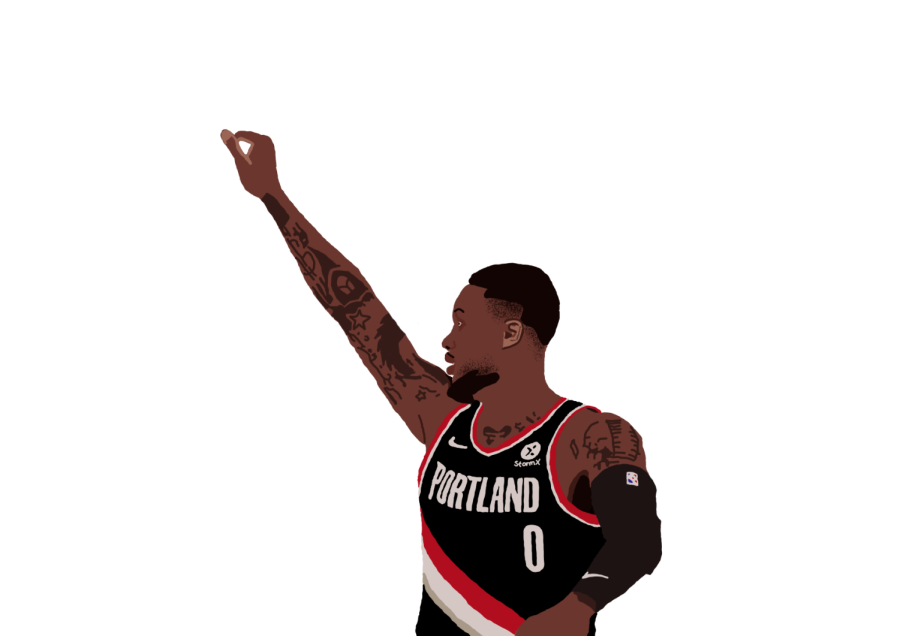
An important question has recently resurfaced in the art community: Can a video game display an athlete’s tattoos without the permission of the artist who created and tattooed the design?
James Hayden, owner of Cleveland’s Focused Tattoos, has tattooed many athletes, including LeBron James, Tristan Thompson, Kyrie Irving and Danny Green. Although Hayden’s designs are registered with the US Copyright Office and therefore legally protected, video game developer 2K Games has reproduced the designs without giving Hayden credit.
Hayden first filed a lawsuit in federal court in Cleveland in December 2017 against 2K Games and Take-Two Interactive Software. He later stated that his works were copyrighted in three versions of the esports game: “NBA 2K 2016”, “NBA 2K 2017” and “NBA 2K 2018”. These games feature over 400 NBA players, including those tattooed by Hayden.
The game created hyper-realistic images of these players for basketball fans around the world to simulate the NBA experience. 2K Games argued that the designs were not original and did not warrant copyright, as some featured commonly used star and lion designs. In addition, the athletes tattooed by Hayden are just a select few of the hundreds of players in the video game.
2K Games has also stated that because the players paid Hayden for the tattoos, it gives it permission to be displayed in all forms of media ranging from photos and television to video games. This supports their argument that Hayden knows the large media presence of these players, and that the artist’s consent is therefore implied.
According to the court ruling, the designs were usable under de minimis usage. De minimis is a legal term, derived from a Latin phrase meaning ‘concerns minimal things’. This is used when the defendant’s use of the copyrighted work is so minor that a viewer would be unlikely to recognize the infringing use of the material. The court ruled that since the tattoos were not the primary focus of the game and only appeared for a limited time, there was no infringement.
When asked about the controversy, some players have expressed their own opinion about it. “My tattoos are part of my personality and identity,” said Lebron James in support of 2K Games. “If I’m not shown with my tattoos, it wouldn’t really be a picture of me.”
Hayden’s case isn’t the only one calling for action against 2K Games and its affiliates. In Illinois, tattoo artist Catherine Alexander is suing the same company over the depiction of the designs she created for WWE wrestler Randy Orton.
The lawsuit was filed in 2018, where Alexander claimed that the reproduction of her art was copyright infringement and that she never authorized game development companies to recreate these designs. She stated that she had done multiple tattoo designs on Orton between 2003 and 2008. She had previously contacted WWE about showing her work without her permission, to which WWE offered $450 for rights to reproduce the material. Alexander declined this offer.
This week, the trial finally came to a conclusion: the jury has ruled in Alexander’s favour. U.S. District Judge Staci M. Yandle issued an injunction stating, “It has been undisputed that Alexander holds valid copyrights for the five tattoos in question and that defendants have copied her copyrighted works.” The ruling determined that Alexander was entitled to $3,750 for the use of her designs.
This is a complicated development for the entire art and media community. These problems are not limited to video game reproductions, but can even go so far as to challenge the presentation of other people’s art in films and photographs. It has a big effect on the ability of individuals to license their art and for content developers to realistically represent the art on an interesting topic. Even if the jury rules in favor of the artists, the compensation received can be quite daunting. This situation also affects the willingness of artists to stand up for themselves, knowing that previous cases have diminished their work and that the court often deems these situations unworthy.

0 Comments